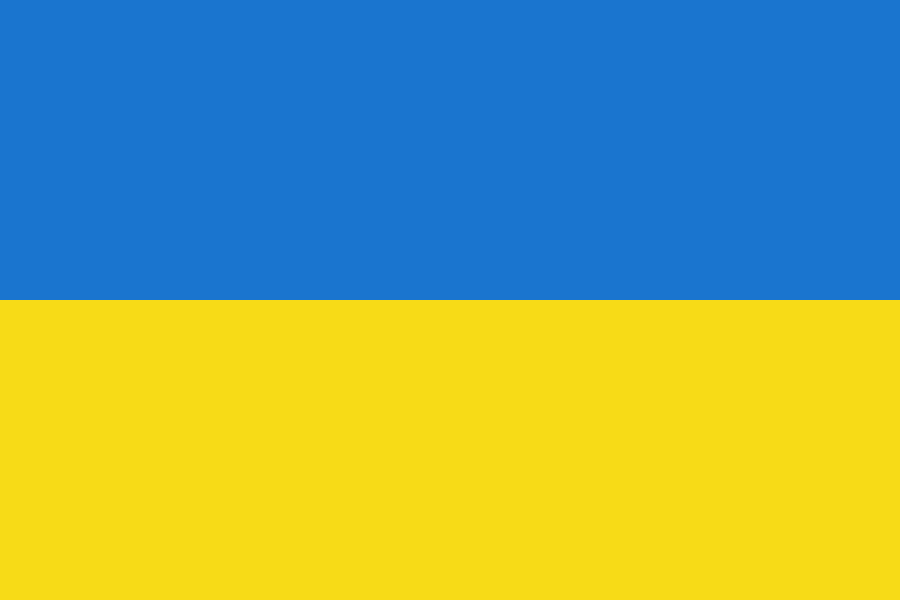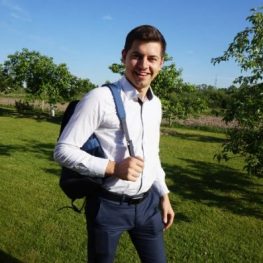I have defended my Bachelor's and Master's degrees in Mechanical Engineering with the highest evaluations. I am able to critically assess, analyse, design and optimize mechanical systems, conceptualize and solve the issues that are uncertain or not clearly defined. Based on the knowledge of mechanics and other areas, I am able to manage the team of the engineers of various areas and levels.
My achievements are facilitated by the University's focus on fundamental knowledge of mechanical engineering, which enables creation of solid basis of professional knowledge for the future career. Taking into consideration the fact that I managed to combine studies and work during my Master's studies, that basis of fundamental mechanics intertwined with the real practice at work and was strengthened furthermore.
While studying the design of mechanical systems and working as a constructor, I completely acquired engineering analysis, optimization and modelling of mechanical systems, and other activities. It is reflected in my Master's thesis. This thesis was related to my practical activities, as it solved the issues of the company's construction department by development of automated design system. While solving these issues, consultations of the lecturers were available all the time, both during the lectures, under agreement after work, and by email when facing small issues.
Now, when I work as Chief Constructor and manage the team of constructors, the knowledge acquired at the university, helps me solve unexpected problems, make suitable decisions, create mechanical systems, establish company's internal principal rules for design and be sufficiently competent for selection of future members of the team.
Therefore, I can only say positive things about this study programme: besides the acquired knowledge, Mechanical Engineering programme also helps personal development: it develops responsibility, accuracy and wish to improve.



